While one might envy growing up with a famous poet as a father and surrounded by legendary writers, the truth for Gretchen was not so rosy. She writes about her complex relationship, including its gifts and harms (one of which was sexual molestation), in her new memoir, Poetic License.
Tell us a little about your background.
I grew up in the swirl of a literary family, moving every year of my first five, as we followed my father, the Pulitzer prize winning poet Richard Eberhart, from Cambridge, Mass to Seattle, WA, where he got his first college teaching job at the University of Washington; then to Norton, Mass, where he taught at Wheaton College; then to Storrs, CT, where he taught at the University of Connecticut; then to Princeton, NJ, where he taught at Princeton University; and finally for the next three years, to Hanover, NH, where he taught at Dartmouth College, succeeding Robert Frost as its Poet in Residence.
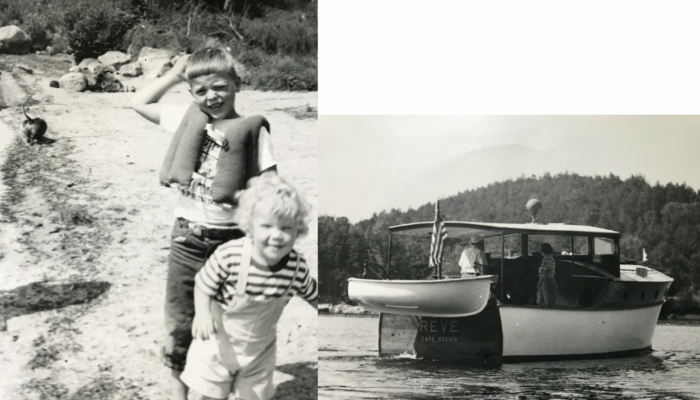
Family trip West in 1954. Typical summer days at Undercliff—playing on beach with my brother; Mom and Dad coming in on the boat.
In 1959, we moved to Washington, DC, when my father was invited to be U.S. poet laureate under President Eisenhower. We stayed for a second year when he was asked to continue under President Kennedy. My parents were enormously generous people and highly social, regularly hosting writers, professors, critics, and editors, along with neighbors and personal friends, for nightly dinners, poetry readings, and long conversations about literature. I grew up around Frost and Robert Lowell, Allen Ginsberg, Anne Sexton, Donald Hall, Richard Wilbur. Really any of the best writers of the second half of the 20th century spent time with us and were close friends of my parents.
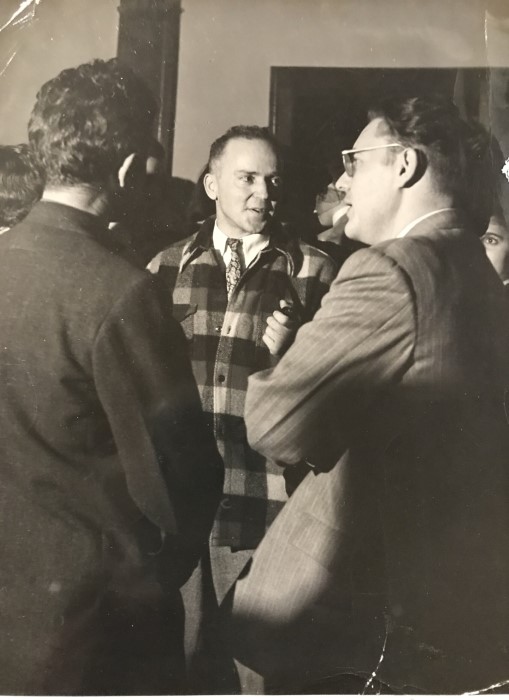
Dad with Ted Weiss and Kenneth Rexroth in the 1950s
I had two constants that provided me with stability: my grandmother and her house in Cambridge, Mass where all the cousins gathered and we had a secret hiding place under the central staircase to call our own, and our summers in a simple seaside cottage on Penobscot Bay, Maine. There, with its annual renewal of summer friendships, we spent endless days on the sea and islands. It was a child’s idyll. I came of age in the 1960s and went to the University of Washington for college, dropping out two years later when I returned to New Hampshire to marry my then-boyfriend. Through the 1970s, we were hippies, building our own house in the woods in New Hampshire, growing our own food, raising two children, getting odd jobs where we could. As my kids got into early and middle school years, I went back to college and finished my degree at the University of New Hampshire and then went on to complete my MBA there as well.

Partying with friends: The first hippie house we built (small one) which we lived in the summer we built the larger one.
When did you start to think about making a change?
My first adult next act came in my forties when, as Executive Director of a prosperous and reputed community health agency, we were invited by a major medical center to participate in a seven-agency merger of community health agencies (also known as VNAs). I was quickly brought into an all-male planning group made up of hospital executives and consultants and was asked to write the business plan for this new agency. In the middle of a meeting, with a group of suited men in a conference room, one of the consultants leaned across the table and asked, “have you ever thought about going into consulting?” His question planted a seed I came back to after the merger failed. I kept thinking, there must be a better way for organizations and the people in them to go through change.
A post-mortem was conducted by a consultant at the Tuck School of Business which concluded the merger had broken down due to lack of trust between the medical center and our agency. That failure led to an awakening and, with the seed of an idea for consulting having been planted, I started my own consulting company in 1986. Over the next thirty-five years, I worked with nearly three hundred companies, public agencies, and not-for profits throughout the US, Europe, and Asia. I loved that work, bringing voices to the table that hadn’t been heard—often women back in the 1980s—and helping them own their own truth and power while advising the mostly male CEOs on how to work with smart, assertive women on their teams. It was a successful and meaningful career and I was lucky to build long-term relationships, some that lasted through decades, with great leaders as I learned and grew alongside them.
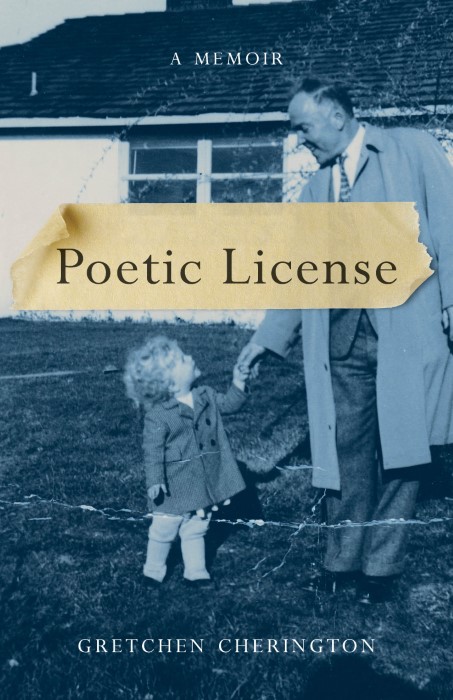
What is your next act?
Now, underway, I am bringing to the foreground a long interest in writing and becoming an author. My first book, Poetic License, is about my complex relationship with my father as I came to terms with all his gifts and harms.
The book profiles the heady days of my childhood summers in Maine, the adoring crowds that swirled around my parents, the rise of personal awakening during a year abroad in boarding school in Switzerland in 1966-67, returning to finish high school in a country where war was raging in the streets and women were speaking loudly to claim our places alongside men. It covers two significant influences during those later years of adolescence—a brief encounter with Allen Ginsberg over dinner and another with Anne Sexton. After my father molested me at seventeen, my nascent growth as a young leader and woman coming into her own, was cast into deep silence. My voice went into long retreat and I traveled as far as I could get to remove myself from my family home by enrolling in the University of Washington in Seattle.
Over the next decade, I learned we can’t entirely leave our past behind and I made poor decisions in the present and ignored the future. It was a second encounter with my father visiting my parents in Florida—this time I was thirty-six, when his unexpected appearance early one morning in my guess bedroom brought all the fragments of memory back together—and my voice returned. I could no longer ignore what had happened to me.
The book takes place during the 1990s and beyond, as I trace the history of my family while building a successful consulting career advising executive men on how to change their companies as they invited women into their midst. Through most of that decade, I was steeped in my father’s literary archives at Dartmouth College (55,000+ letter-conversations to and from nearly every notable writer of the 20th century) to better understand my dad.
As a kid, I’d been kept on the periphery of power around my father’s male tribe, but my consulting clients welcomed me into their circles and expected me to have influence. As they changed their companies and themselves, I found my voice and began writing about my family.
The final chapters cover seeing my father through his death at 101 and forgiving him for what he did; re-acquainting myself with the poets and writers who’d known me as a kid; testing my theories and experiences about my parents with them. Not one of them was surprised by my story and each provided essential validation. I could finally recognize those literary men (and women) as essentially part of my original family.
What do you love most about being a writer?
Two things: 1) The writing itself. I love sinking in for a half day, a week, or a month, to dwell in a big project, tuning out everything around me, researching and learning about my subject or place, and allowing the words to flow unimpeded by time constraints and external demands. I’m truly fortunate to have that kind of time and sufficient resources to bring this new act into focus. 2) I love the incredible people I’m connecting with and becoming friends with—writers I admire, editors and experts who I listen to with both ears wide open.

I love any writing space I can find outdoors, staring at the sea! This one on Monhegan Island, an hour off the coast of Maine.
How hard was it to take the plunge?
For years I’d squeezed out early morning time, used down time in airports, booked an extra day or two after business trips in beautiful countries to write and explore new terrain. I took workshops, hired editors and agents, and joined writing groups. But with a company to run, I couldn’t really do it full-time. Bringing that center at age of 69 has its challenges, but it also has brought opportunities. I have more wisdom from long experience and the same strong will to go for my dreams, though I do not have the same energy I did twenty years ago!
Financially, writing is a tough business and I’m thankful I no longer have to worry about that the way I would have had I started when I was young. When I retired from my consulting career, I knew it was time to finish the book I’d been working on for nearly two decades. My single question was “If not now, when?” I was all in.
That said, it’s harder now as it’s a whole new learning curve learning about today’s world of pitching, publishing, marketing, and advertising. Every single thing I’m doing now is brand new. I’ve tried to build the best team of people around me: From editors to authors to publicists to media owners; from friends to professionals, those who know what they’re doing, care about my work, are willing to put a small stake into my goals and can be counted on to do their parts. Under contract, I felt like my whole life changed and my real hope is that my book will resonate with people who find it, as so many memoirs have done for me.
How supportive were your family and friends?
Changing one’s role in life is both exciting and destabilizing for family and friends. When writing memoir, perhaps even more so. My built family—second husband, adult children, sister-cousins, and friends—have all been enormously supportive. Even when they read the book in its final form and were asked if they’d prefer pseudonyms, none did. In the end, opening up to a deeply held secret in my family of origin has opened us all to learning about the issues raised in the book. As for becoming an author, from a business perspective, my family has been entirely supportive, knowing this has been my dream for a long time.
I regret that my beloved mom, Betty, died in 1994, at 80, after suffering forty years of epilepsy. She was a true inspiration as she never let her tough disease hold her back from doing what she wanted. Sometimes, this was to my harm, when, as a little girl, she’d have a seizure when she and I were visiting a city and I was immediately thrust into the role of caretaker long before I could be expected to be one. It was a few years before her death that I felt ready to speak with her about what had happened to me. I never had. But after much deep reflection with Michael (my husband) and friends—along with therapy—I felt, as I write in my book, that if she hadn’t known about what my father had done, it would likely harm her at her age to know, and if she had known, it would certainly harm me. I chose not to tell her, and she died shortly thereafter.
My older brother was a good listener when I first told him about our dad, but never became an advocate. His support of my writing and of the book itself has been generous and important to me.

With my husband Michael, Strait of Magellan, headed to Cape Horn, Chile
What challenges are you encountering?
Right now, I’m encountering the incredible demands that bringing a book into the world entails. Along with a worldwide pandemic and entirely upended marketing channels, I’m seeing new opportunities and trying to take advantage of them.
What did you learn about yourself through this process?
Both career changes have brought so much self-learning. I believe in forcing myself (sometimes) to hear whatever feedback people may have for me and in getting better at whatever I’m doing over time. In consulting, this learning was largely “private,” behind closed doors in CEO offices, conference rooms. Now, the learning will move from private to public. My kids, each of whom is highly successful in their own careers, have taught me a lot about finding the trustworthy voices and ignoring the noise of viral attention seekers. That said, it’s never easy to get a negative review! While many contain a nugget of truth, I learn best from those who actually know me, know my work (in my case now, my writing), and see the long arc of authorship as extending beyond one book.
Looking back, is there anything you’d have done differently?
In my consulting career, I really don’t think so. The only different thing I could have done would have been move to Boston, New York, LA, Chicago, etc. That wasn’t an option for me and as it turned out I could carefully select opportunities based on interest in the project, the people involved, and remuneration, no matter where I lived.
In my writing career, of course I wish I could have been more serious about it sooner, but I don’t regret my former career at all. Given where I am in my life and what I have to offer, I believe fully that I’ve formed the right team (virtual, expanding, but centered on the same beliefs as I’ve always had about people, places, and organizations) around me for the next books I have in me.

My motto through the last year of writing Poetic License.
What advice do you have for women seeking reinvention in midlife?
Go for it! Keep your vision large but your annual financial goals realistic, at least at the start. Build a great team around you as they are your source of strength when you need it most. During a global pandemic, there are tremendous challenges but there may be opportunities as well. There is no shame in delaying for a year or two if that suits you better. I put off starting my consulting company until I could rebuild the organization I led after our failed merger. During that year, one of the other agencies contacted us quickly and we merged, creating the first bi-state VNA (Visiting Nurses Association) in the country. That agency went on to become the largest provider of community health and VNA services in northern New England. I had no money to invest in my first business; I’d built it through sweat equity, seizing opportunities that arose that matched what I was looking for, perseverance, passion, and some luck.
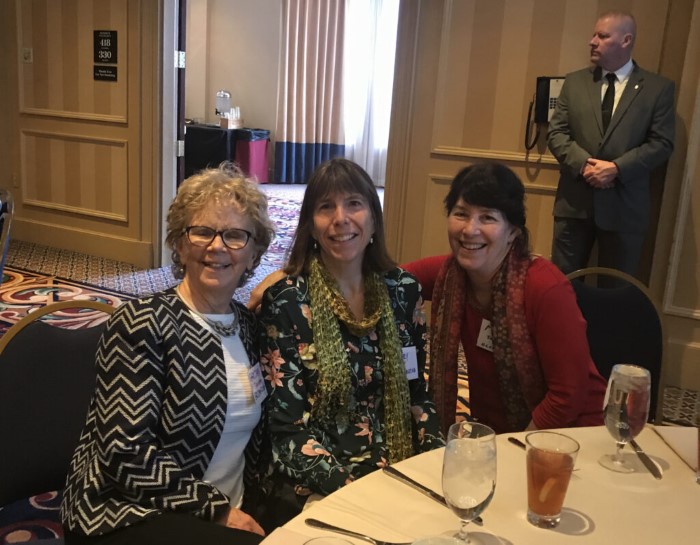
My team at one our last gigs—a governor’s summit on employment in Vermont.
What advice do you have for those interested in writing?
For becoming an author: Read, read, read. Read in all genres to familiarize yourself with what others are writing and what is selling. If you are lucky enough to get an MFA (Master in Fine Arts), that’s a solid start. But lots of wonderful writers are published authors without MFAs. Listen to podcasts; talk to writers; find a writing group; hire a coach/development editor; and as Mary Karr says, put your “butt in chair.” Pitch essays and short stories or micro-pieces to media and magazines. Be active and generous on social media and if it’s not your thing, outsource it. These are the things I’ve used in this next act.
What resources do you recommend for would-be writers?
Memoir and general writing books:
There are so many writing books, this is just a starter list.
Bird by Bird: Some Instructions on Writng and Life, by Anne LaMott. A classic and still relevant.
The Art of Memoir, by Mary Karr. Also a classic and also still relevant.
Still Writing: The Perils and Pleasures of a Creative Life, by Dani Shapiro. Not limited to memoir, but Shapiro has written several wonderful memoirs.
What’s Your Book, Green-Light Your Book, and Write On Sisters!, by Brooke Warner
The Power of Memoir: How To Write Your Healing Story, by Linda Joy Myers
Good Naked: Reflections on How to Write More, Writer Better, and Be Happier, by Joni B. Cole
The Art of Time in Memoir: Then, Again, by Sven Birkerts
Writing Hard Stories: Celebrated Memoirists who Shaped Art from Trauma, by Melanie Brooks
If writing about trauma—The Body Keeps the Score: Brain, Mind, and Body in the Healing of Trauma by Bessel Van De Kolk, M.D. A classic and essential reading.
My Reading Life, by Pat Conroy
On Writing: A Memoir of the Craft, Stephen King
Online Courses:
See Jane Friedman at www.janefriendman.com
See Brooke Warner and Linda Joy at www.themagicofmemoir.com and www.writeyourmemoirinsixmonths.
See the National Association of Memoir Writers at www.namw.com
See www.shewrites.com
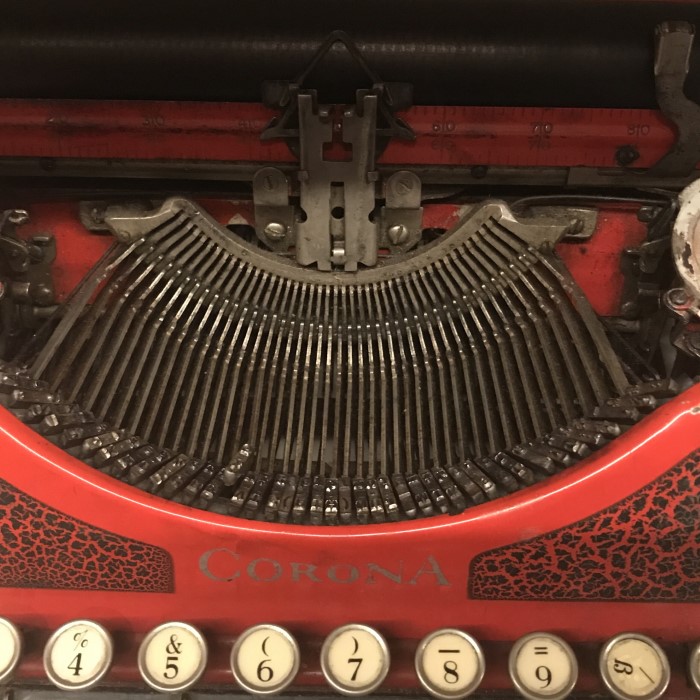
Blogs I’ve liked:
Writer Unboxed
www.janefriedman.com/blog
Check out Facebook groups, especially in your genre.
My go -to podcasts:
Write-Minded (Brooke Warner and Grant Faulkner)
The Morning Glory Project (Betsy Grazziani Fassbinder)
Family Secrets (Dani Shapiro)
The Book Review (New York Times)
Terrific Memoirs, Old and Newer
Lit, Mary Karr
H is for Hawk, Helen Macdonald
Hourglass:Time, Memory, Marriage, Dani Shapiro
Educated, Tara Westover
Don’t Let’s Go to the Dogs Tonight, Alexandra Fuller
Wild, Cheryl Strayed
Blackbird, Jennifer Lauck
I’m the one who got away, Andrea Jarrell
Finding Venerable Mother, Cindy Rasicot
Fun Home, Alison Bechdel (graphic)
Treetops and Home Before Dark, Susan Cheever (the first memoir I read; it made me feel I wasn’t alone)
Just Kids, Patti Smith
Small Fry, Lisa Brennan-Jobs
Poser, Clare Dederer
Implosion, Elizabeth Garber
Pure Land, Annette McGivney
When Breath Becomes Air, Paul Kalanithi
In the Shadow of Fame, Sue Erikson Bloland
How to Cook Your Daughter, Jessica Hendra
Heavy, Kiese Laymon
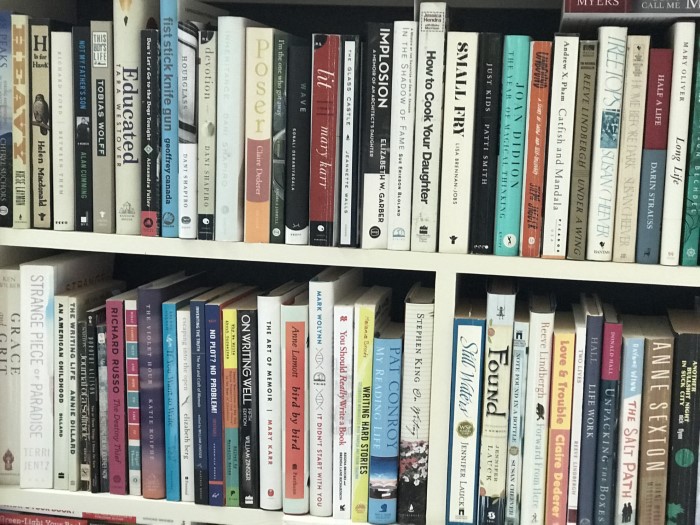
My shelves full of memoirs. These are the keepers!
What’s next for you?
Never say never, but aside from writing more books which I hope to do at my own pace in the next year, I’m eager to enjoy some “retirement” down time for myself, my family, my friends, to be outdoors and in the local wilderness until we can fly to wildernesses I’ve not yet seen.
Connect with Gretchen Cherington:
Contact form: https://www.gretchencherington.com/contact
Book: Poetic License: A Memoir
Website: https://www.gretchencherington.com
Instagram @gretcher
Facebook: https://www.facebook.com/gretchencheringtonauthor/
LinkedIn: https://www.linkedin.com/in/gretchen-cherington-612b3b7/
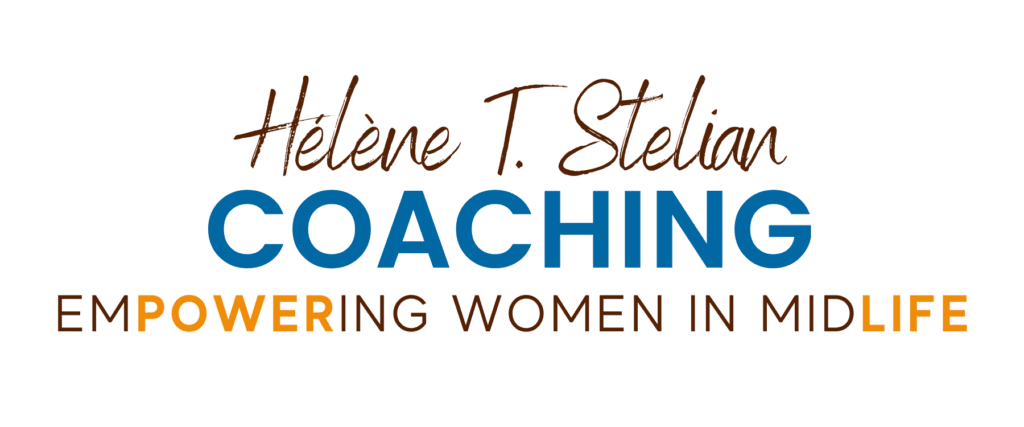

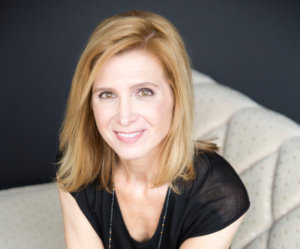
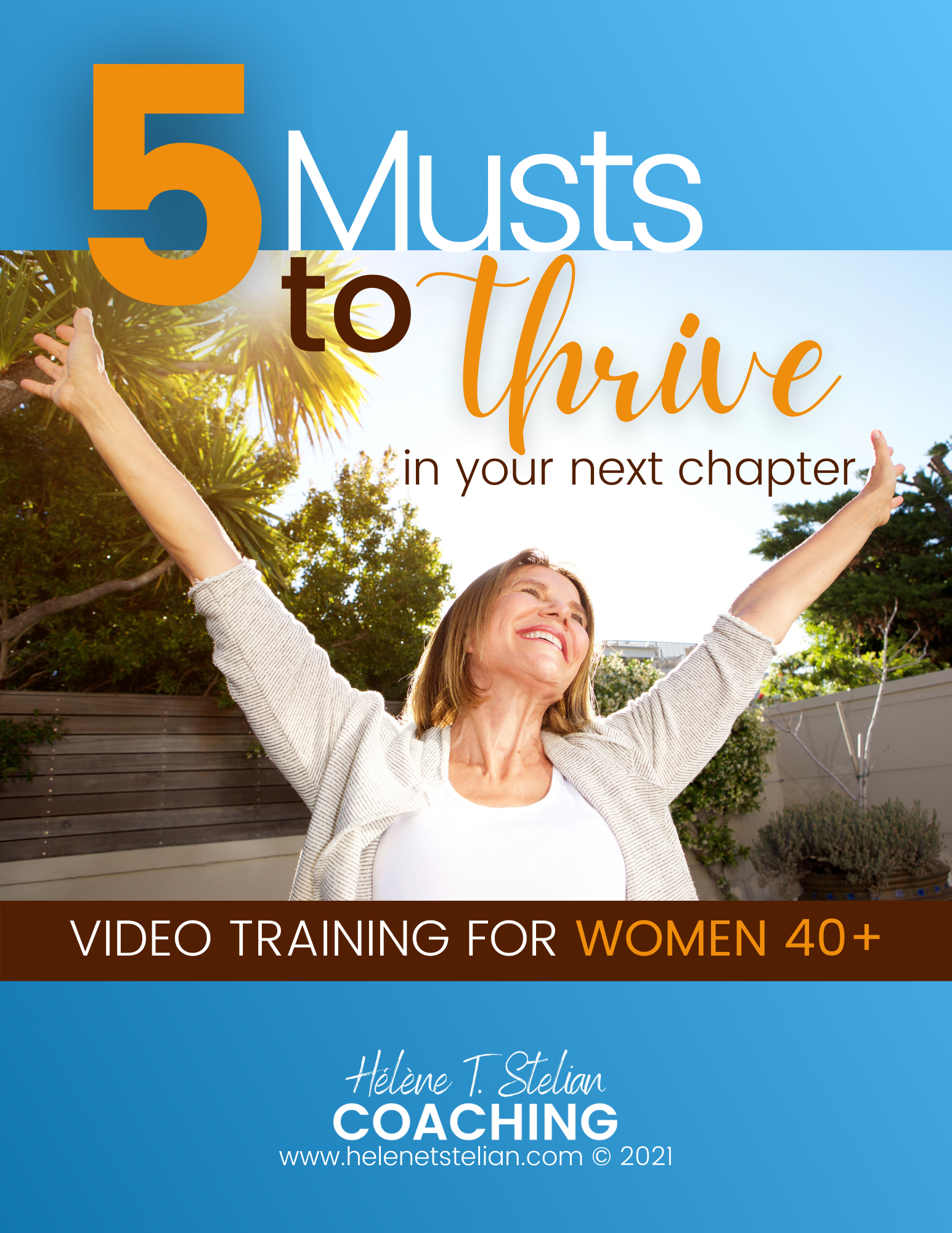



0 Comments